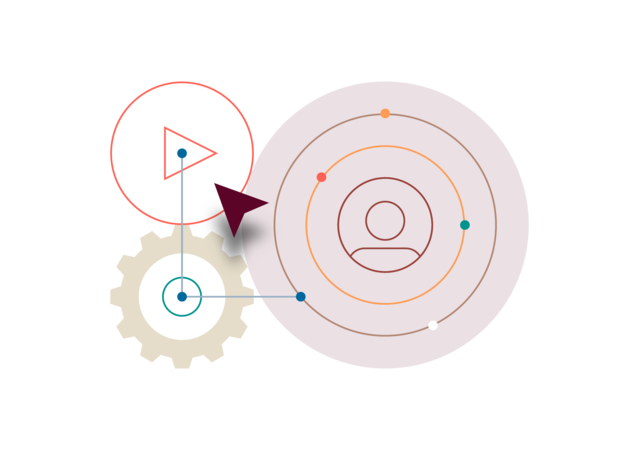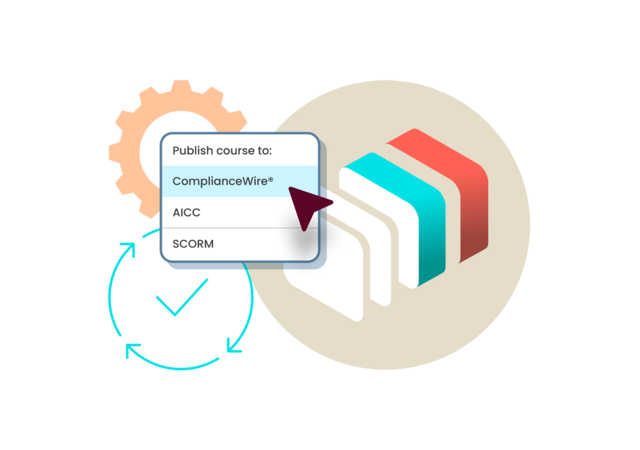June 30, 2021
We have all had time to confront the understanding that reopening the economy as the COVID-19 pandemic subsides is not a simple question of how and when we can return to normalcy. You have been told many times that all aspects of life, especially work, will be permanently different. But for organizational leaders, grasping this truth can not be simply an act of passive acceptance – you must actively work to adjust to the heightened standards and demands that you can expect from stakeholders.
The general public, including your customers, clients or tenants, have gained a great deal of knowledge about this pandemic. They have become accustomed to keeping themselves and others safe during quarantine. Committed to jump-starting the economy and armed with the knowledge they have acquired, they have high expectations of those responsible for providing them with products, goods, services and occupancy.
Employees comprise the first line of defense when it comes to keeping their coworkers and work environments safe. If they know how to do their jobs safely, then chances are that everyone and everything around them will be safe. Employees are also the most important element in ensuring your clients’ and customers’ safety. They are the ones consumers will watch to gauge how well your organization is responding to protecting employees.
Are your employees practicing recommended social distancing guidelines? Are they wearing the proper transmission mitigation equipment you have provided, such as face masks, face shields or gloves? Do facilities have the required signage and markings to ensure the spread of the virus remains in check? How knowledgeable are employees about the risks? In short, would they provide the positive experience your customer expects? These are questions many organizations should be considering.
This shift in public expectations does not only apply to employee and public health and safety — it also impacts revenue and brand reputation. It goes beyond basic compliance with existing regulations and guidelines to address what you are doing to exceed them and make both the general public and your customers even safer. Fulfilling or surpassing such expectations provides comfort and trust, which equates to loyalty — and loyalty keeps your customers from giving one of your competitors a shot.
This is precisely why educating employees is now one of the most important, proactive steps an organization can take. What has changed? We are seeing organizations focusing their efforts not only on traditional compliance-based subjects, e.g., the Occupational Safety and Health Administration (OSHA), but also on placing greater emphasis on operating procedures, interaction with the public and keeping their places of business clean, disinfected and sanitary. Organizations know the clock is ticking, and they need to address gaps quickly. Providing their employees with as much retainable knowledge as possible is imperative in the reopening economy.
Organizations with foresight are using different forms of technology, such as virtual meeting rooms, to accommodate their instructor-led needs, implementing more and more e-learning content to reach telecommuting employees while investing in learning management systems and other technologies to facilitate remote learning (and avoid shared learning kiosks). Organizations are also becoming more cognizant of the quality and usability of e-learning content, looking for shorter run times to quickly deliver the knowledge needed without sacrificing quality.
First impressions are everything. In essence, the market share has been reset. Whether an organization generates effective messaging and develops practices to keep workers safe could be the difference between market share gain or loss. Remember — employees are the first line of defense and the deciding factor on how the public sees your organization.
EHS Online Safety Training Courses
Online training to help organizations keep employees safe and healthy with the UL EHS safety catalog.
LearnShare Enterprise Learning Management System
The complete learning management system for your enterprise.
PURE Safety
Scalable software for comprehensive event reporting, investigation and performance management.
Get connected with our sales team
Thanks for your interest in our products and services. Let's collect some information so we can connect you with the right person.








